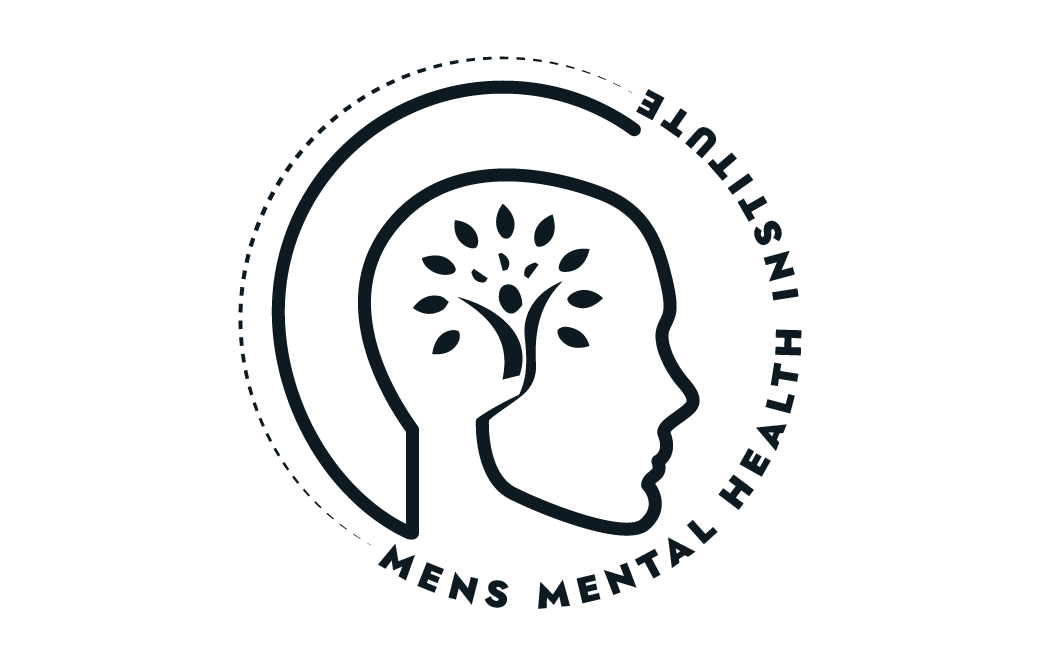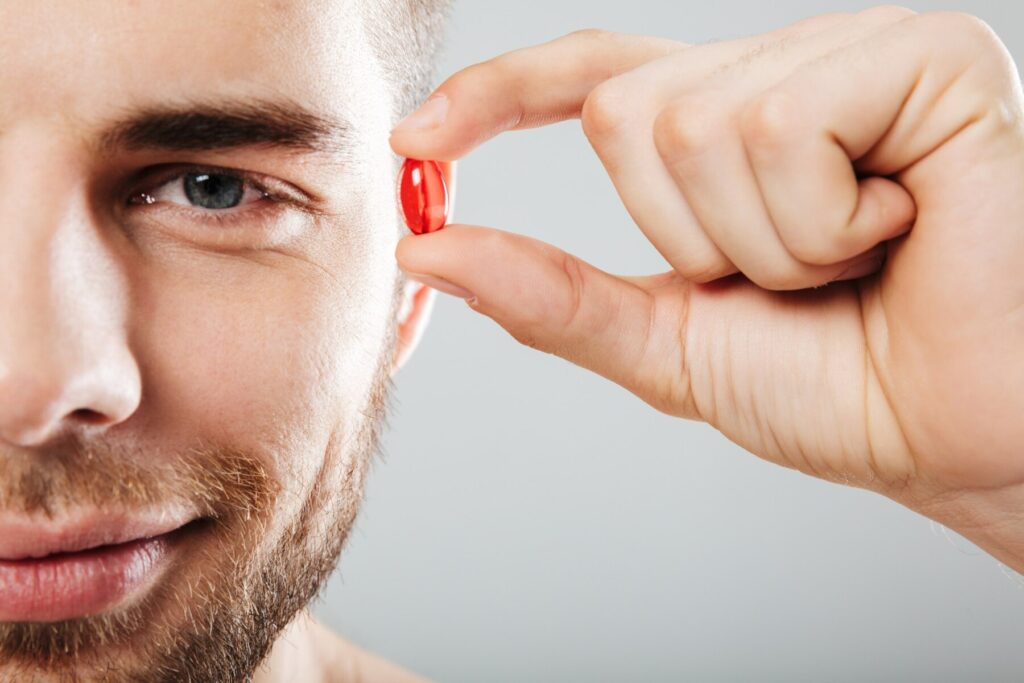The Invisible Barrier: Understanding Why Authenticity Feels Invisible Many men come into therapy frustrated: “I’m just being myself, but women don’t seem to like me.” This feeling of invisibility or rejection despite authenticity can chip away at confidence and fuel self-doubt. From a neuroscience perspective, social connection activates the brain’s reward system, but it also triggers threat detection if past rejections or insecurities are present. When you feel anxious or unsure, your brain’s mammalian limbic system may unconsciously send out signals, like nervousness, hesitation, or people-pleasing, that make you less visible or attractive. Evolutionary psychology explains that attraction often involves complex signaling beyond just “being yourself.” Men and women have evolved to pick up cues of strength, confidence, emotional availability, and reliability. Sometimes “just being yourself” is mixed with low confidence, emotional guardedness, or unclear boundaries, which can undermine attraction. Social psychology points out that many men confuse “nice” or agreeable behavior with authenticity, while suppressing desires, opinions, or needs to avoid conflict or rejection. This “nice guy” persona often leads to invisibility, because it lacks the assertive presence that creates magnetic attraction. In the mental health field, there’s a tendency to pathologize these struggles as social anxiety or low self-esteem without addressing the deeper identity and communication issues. Over-labeling can create a fixed mindset that “I’m just not likeable,” which becomes a self-fulfilling prophecy. Therapeutic Strategies to Be Seen and Liked for Who You Are Building Authentic Confidence Through CBT Identify and challenge limiting beliefs like “I have to be perfect” or “If I’m honest, I’ll get rejected.” Practice small experiments in honesty and assertiveness to build real confidence. Attachment Work and Emotion Regulation Explore fears of rejection or abandonment that cause you to hide parts of yourself. Learn skills to tolerate vulnerability without shutting down or people-pleasing. Social Skills Coaching and Role Play Practice clear communication of wants, boundaries, and humor in a safe setting to improve real-world interactions. Mindfulness and Somatic Awareness Increase awareness of body language and emotional states that influence how others perceive you. What You Gain When You’re Truly Seen In mental health, you gain self-acceptance and emotional freedom, reducing anxiety about being judged. In relationships, you attract partners who appreciate your true self, leading to more fulfilling connections. In life and work, authentic presence improves your influence, leadership, and social bonds. In wealth, confidence and clear communication open doors in networking and career growth. Being liked for who you are means shedding the “nice guy” mask and stepping fully into your authentic self, with all your strengths and imperfections. Therapy rooted in brain science, behavioral change, and emotional courage can guide you there. Infidelity (You or Partner) 1. Understanding Infidelity Through a Male-Focused, Scientific Lens Infidelity hits hard. Whether it’s you who cheated or your partner, the emotional fallout is brutal. For men, it can trigger a storm of shame, anger, confusion, and a deep identity crisis. Why did this happen? Am I not enough? Can I trust again? These questions echo in your brain and wreck your mental peace. From an evolutionary standpoint, infidelity taps into primal fears around survival, status, and reproduction. Men’s brains are wired to seek certainty about paternity and loyalty because, thousands of years ago, that meant survival for their genes. When trust breaks, it triggers the brain’s threat system, the amygdala lights up, flooding your body with stress hormones, pushing you into fight, flight, or freeze. Social psychology adds another layer: modern relationships are complex contracts involving emotional intimacy, sex, status, and personal identity. When infidelity enters the mix, it challenges all these pillars. The mental health field often rushes to label cheaters or victims without understanding these complex layers, sometimes pushing one-size-fits-all solutions or medication that miss the root of the issue. Behavioral and cognitive therapies help peel back these layers. But it’s important to recognize that neither partner is simply “good” or “bad.” Infidelity often reflects unmet needs, communication breakdown, or individual trauma, not just moral failure. 2. Strategies to Process Infidelity Cognitive Behavioral Therapy (CBT) Helps both partners challenge destructive thoughts like “I’m worthless” or “I’ll never trust again,” replacing them with more balanced views that foster healing. Emotionally Focused Therapy (EFT) Focuses on reconnecting emotional bonds and rebuilding trust through understanding attachment needs and fears driving infidelity. Mindfulness and Somatic Therapies Help regulate the nervous system after trauma, calming the fight-or-flight response and reducing reactivity that often sabotages communication. Solution-Focused Therapy Helps couples or individuals focus on practical steps forward, whether that’s repairing the relationship or building a new life. Individual Therapy for Identity Work For men especially, infidelity can fracture identity. Therapy can help rebuild a coherent sense of self beyond betrayal, exploring values, boundaries, and future vision. 3. What You Can Gain After Facing Infidelity If you’re the partner who was betrayed, healing lets you reclaim your emotional power instead of living in fear or bitterness. If you’re the one who cheated, it’s a chance to confront your patterns, grow emotionally, and build honesty with yourself and others. Either way, you can rebuild relationships, whether with your partner, yourself, or future partners, on firmer ground. Resolving infidelity is not just about fixing what’s broken; it’s about creating a stronger, more authentic version of yourself who can love and be loved fully. Mental health, love, and trust become possible again, not despite the pain, but because you chose to face it head-on with clarity, courage, and science-backed support.











